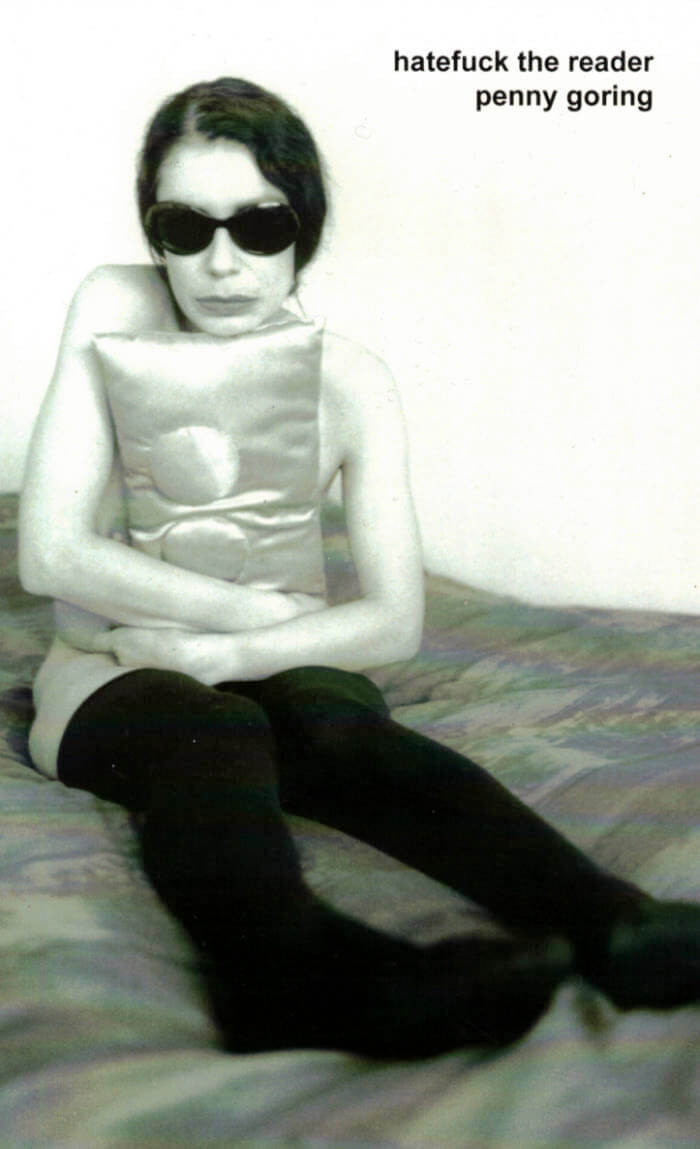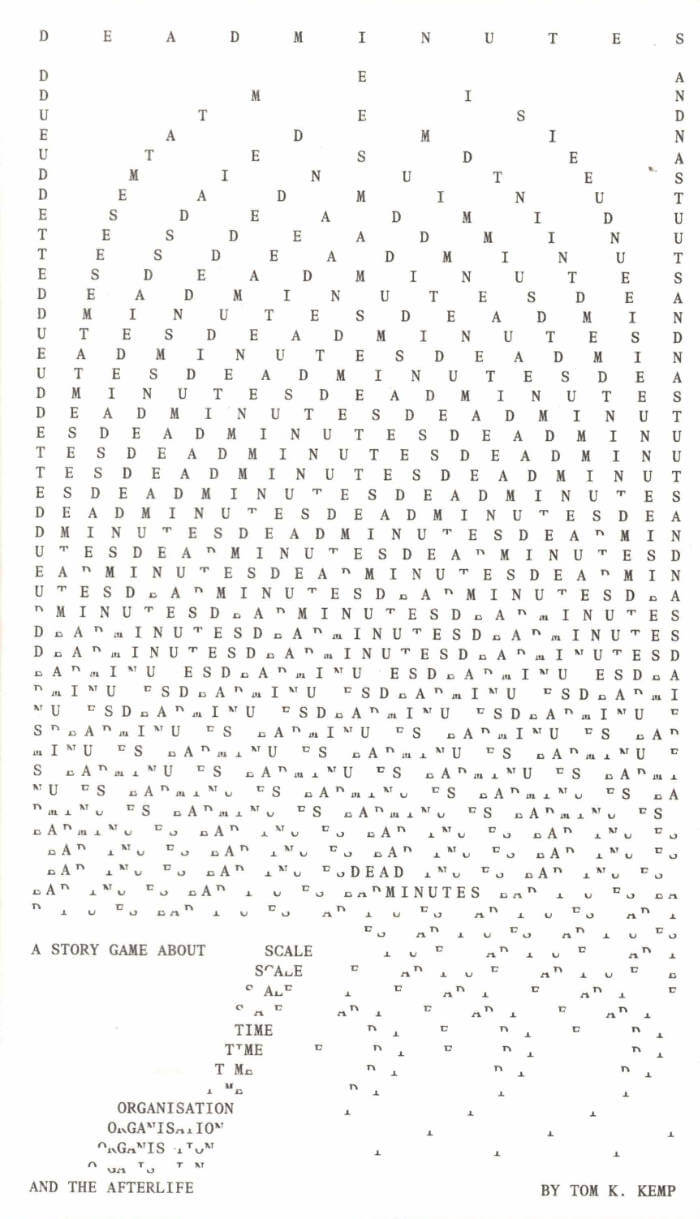Constructed in Pennsylvania in 1827, Gravity Road was a precursor to the modern roller coaster; a sloping stretch of railroad used to cart coal out of mines. With passenger rides on offer soon afterwards, the rapid descent became an attraction and the technology was appropriated for thrill rides in amusement parks.
Jesse Darling’s sculptures, drawings and installations address the fallibility, fungibility and mortality of living beings, systems of government, ideologies and technologies – nothing is too big to fail. For his exhibition at Kunstverein Freiburg in 2020, Darling created a sculpture of a dysfunctional roller coaster, broken down to a child-like scale, becoming an anti-monument to a modernity that celebrates progress, acceleration and mastery and produces violence.
Exploring the entangled history of labour, leisure, extraction and entertainment, Gravity Road: A Rollercoaster Reader was commissioned in response to Darling’s 2020 exhibition, bringing together new texts by artist and Darling-collaborator Joe Highton and writer Sabrina Tarasoff along with a correspondence between Darling and the Kunstverein’s director Heinrich Dietz.
FEATURING TEXTS BY:
Jesse Darling
Heinrich Dietz
Joe Highton
Sabrina Tarasoff








